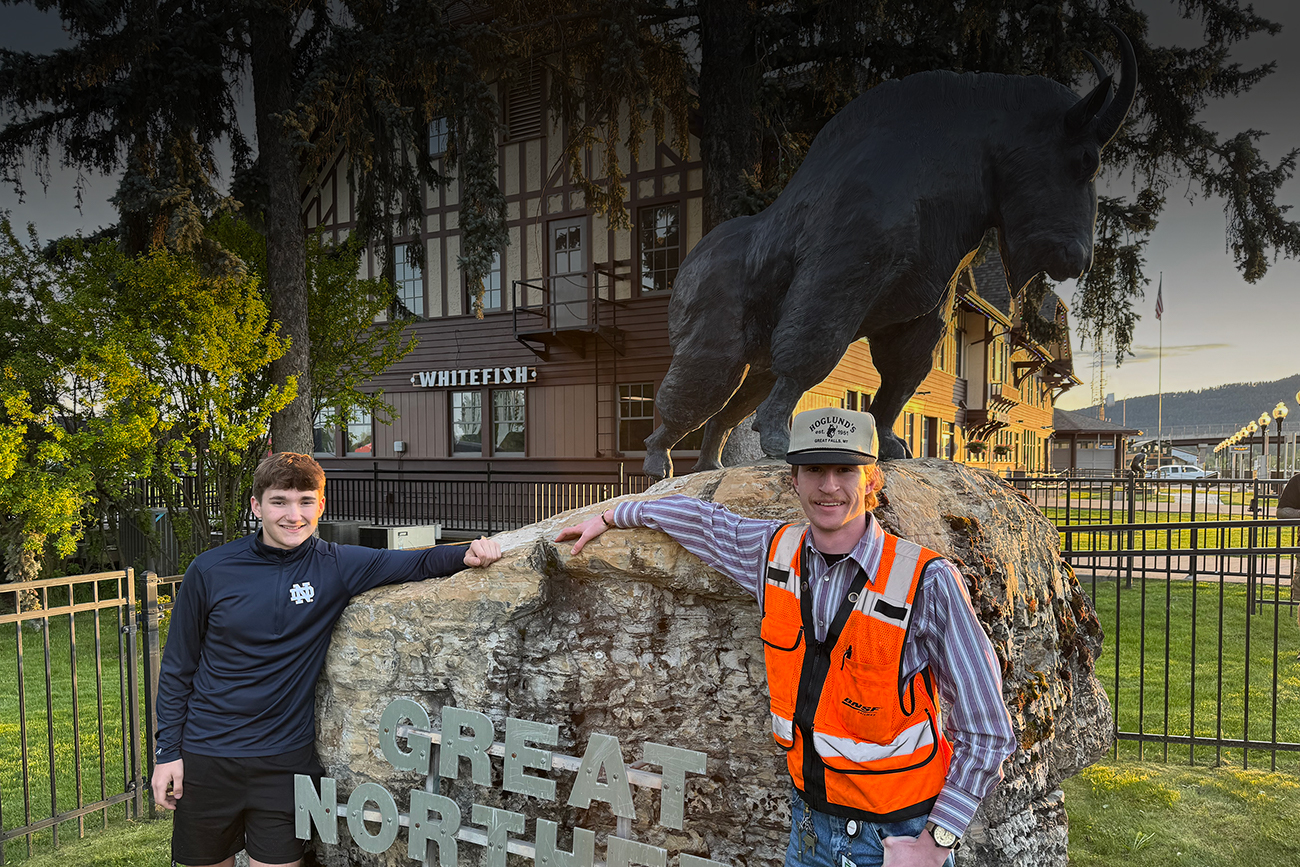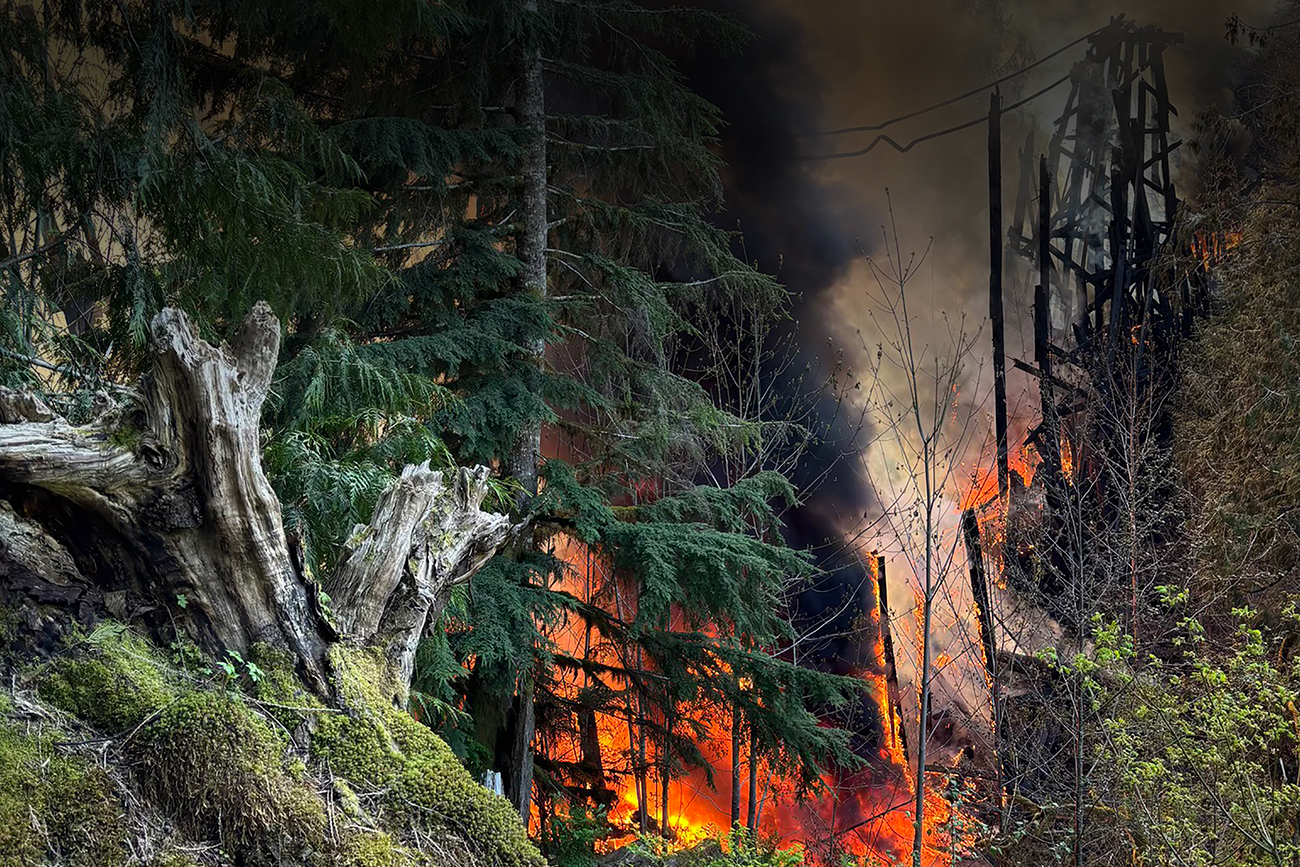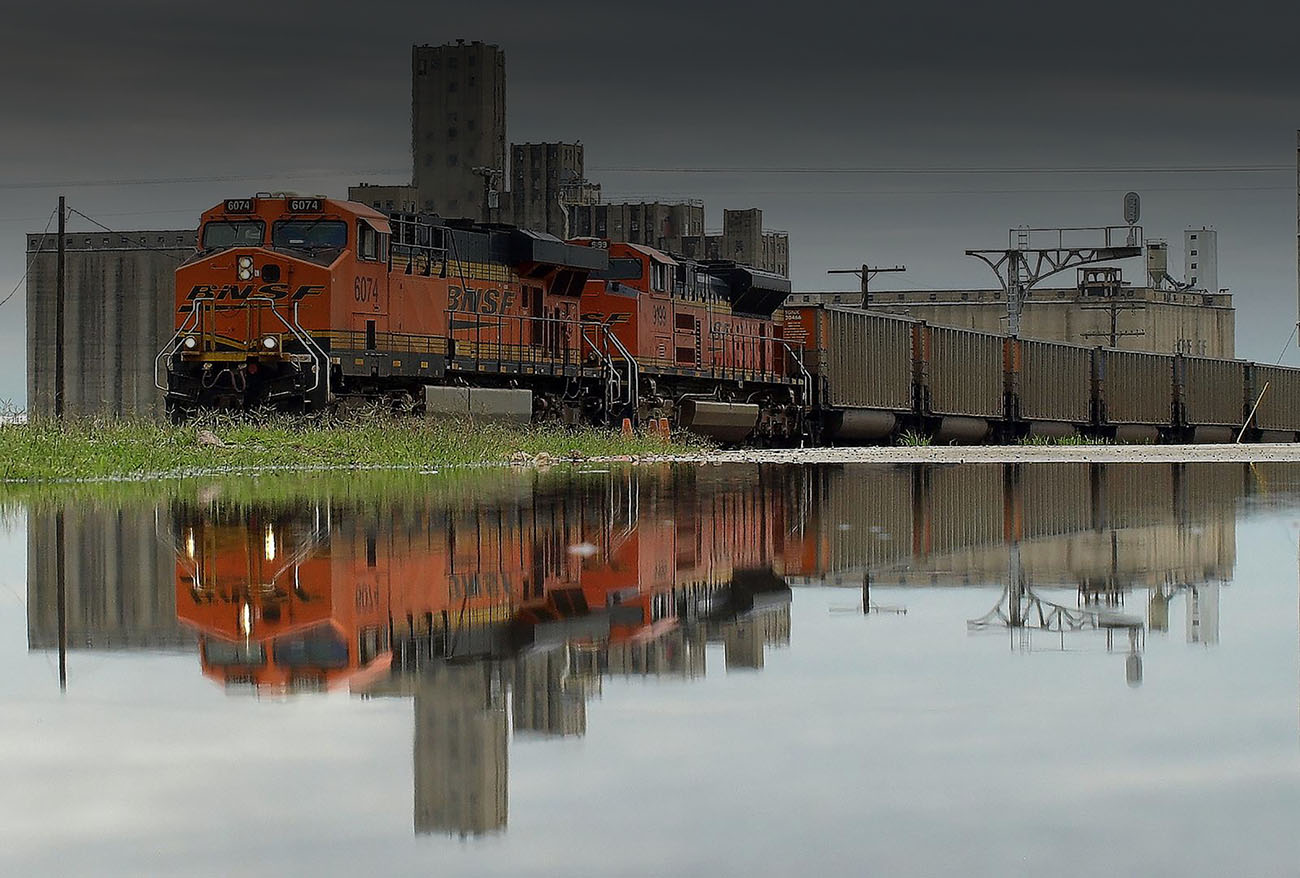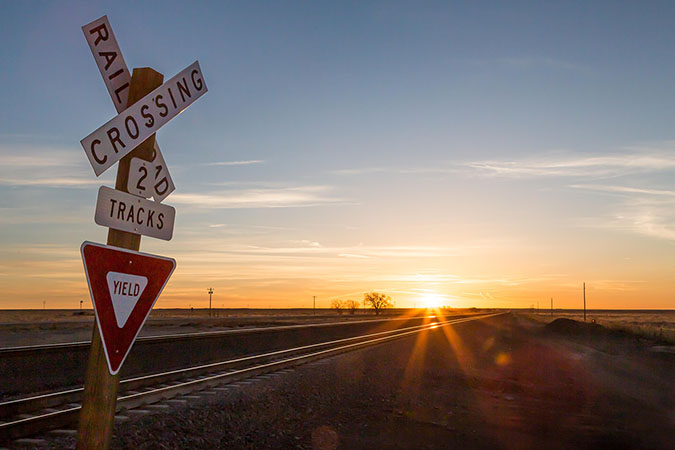
BNSF supports communities working to improve safety at rail crossings
By JEREMIAH VALENTINE
Staff Writer
Every day, motorists cross BNSF tracks without realizing the planning beneath their wheels. With more than 25,000 railroad grade crossings on the BNSF network, the safety of these road and rail intersections is important to all of us. That begins with planning, engineering and collaborating among stakeholders.
The evidence of our success is best illustrated through “Tracking to Zero” awards we present to states that average fewer than one grade crossing incident per 1 million BNSF train miles. This year, five – Montana, Idaho, Wyoming, Wisconsin and Illinois – earned the award.
These achievements don’t happen by chance. Some are generated when the public road authority and BNSF recognize an opportunity to proactively enhance grade crossing safety through consolidation or a grade separation. Others begin with a request—often from a city, county or state agency—that kicks off a multi-step process led by BNSF’s Public Projects team.
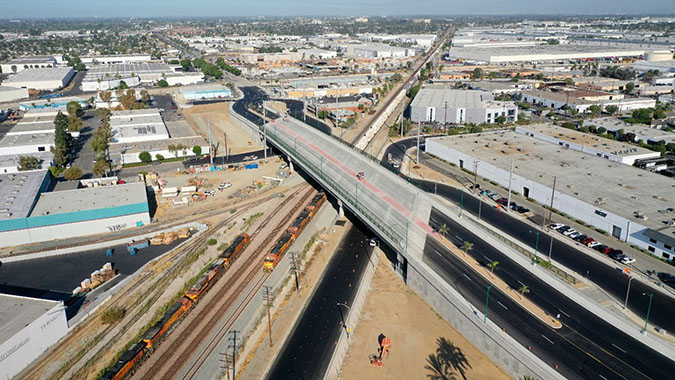
“If there’s a request to alter our infrastructure—whether it’s over, under, beside or near our tracks—our team touches it,” said French Thompson, general director, Public Infrastructure and Investments (PII). “We work with communities to reduce risks and improve safety at railroad crossings.”
A comprehensive review with the requesting entity helps all to understand opportunities for improving the crossing and the community’s long-term goals.
When a community requests additional active warning devices, like flashing lights and gates, BNSF’s Signal team evaluates what modifications are needed. Crossing consolidation and grade separations go the furthest toward enhancing safety.
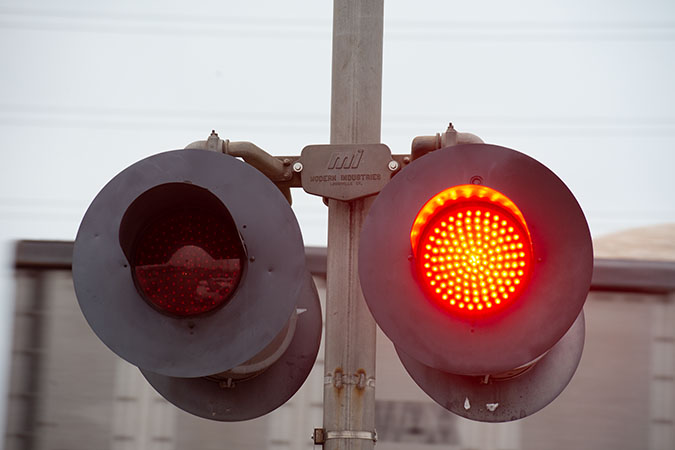
Of course, grade separations, where vehicles go over or under the railroad, also keep both road and rail traffic moving smoothly. BNSF partnered to advance 25 grade separations last year.
“Grade separations take a lot of planning, and they’re impactful to the community,” explained Richard Scott, assistant director, Public Projects. “We help communities work through their vision for the future in a way that coexists well with our operations and help them navigate the grant funding opportunities. We provide support from the first conversation to cutting the ribbon.”
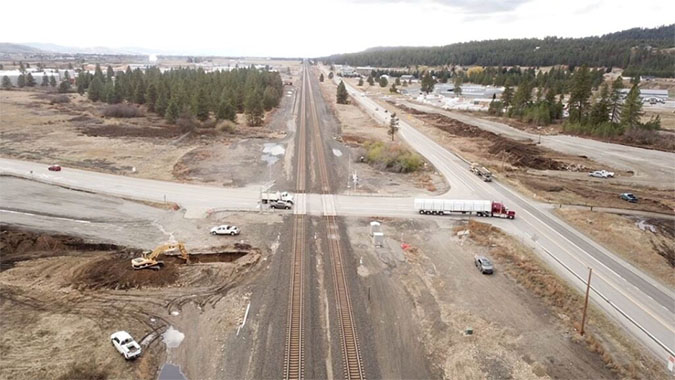
When funding is secured and approvals received, BNSF Engineering Services gets to work to support these projects through construction.
A prime example is near BNSF’s Hauser Yard in Idaho, where our trains stop to refuel. As the surrounding community has grown, so has congestion at a crossing near the yard.
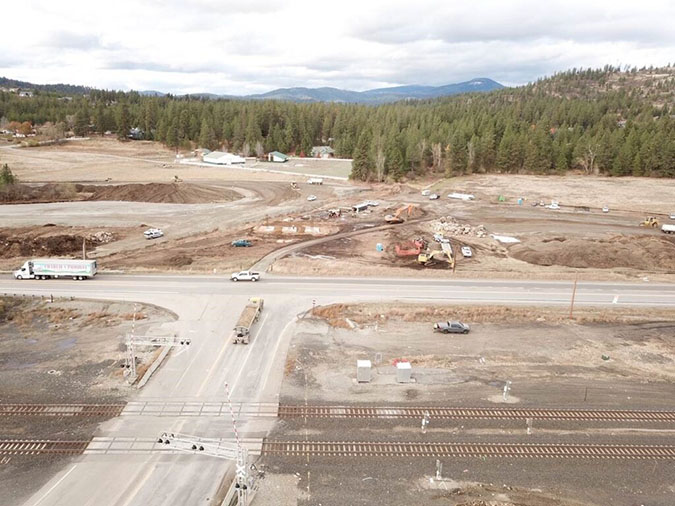
In the past, lights and gates were installed here, but a more long-term solution was needed to alleviate congestion and support the growing community. Working with the state, BNSF helped support a plan for a grade separation.
“This development will allow for unimpeded access from one side of the track to the other,” French said. “It drives economic development and supports community growth. It’s a win for all.”
After years of planning, construction began in 2024. The project is scheduled for completion in 2026.
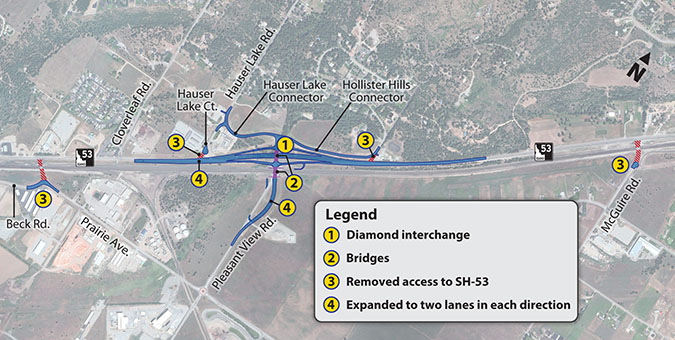
Pleasant View is just one of thousands of grade crossings improved over the years. Since 2000, BNSF has eliminated nearly 7,000 through consolidation and grade separation. Each crossing we improve enhances safety, reduces delays and strengthens our network’s performance.
Added Scott: “We are shaping and securing the future of BNSF’s footprint within these communities as they grow alongside us.”
